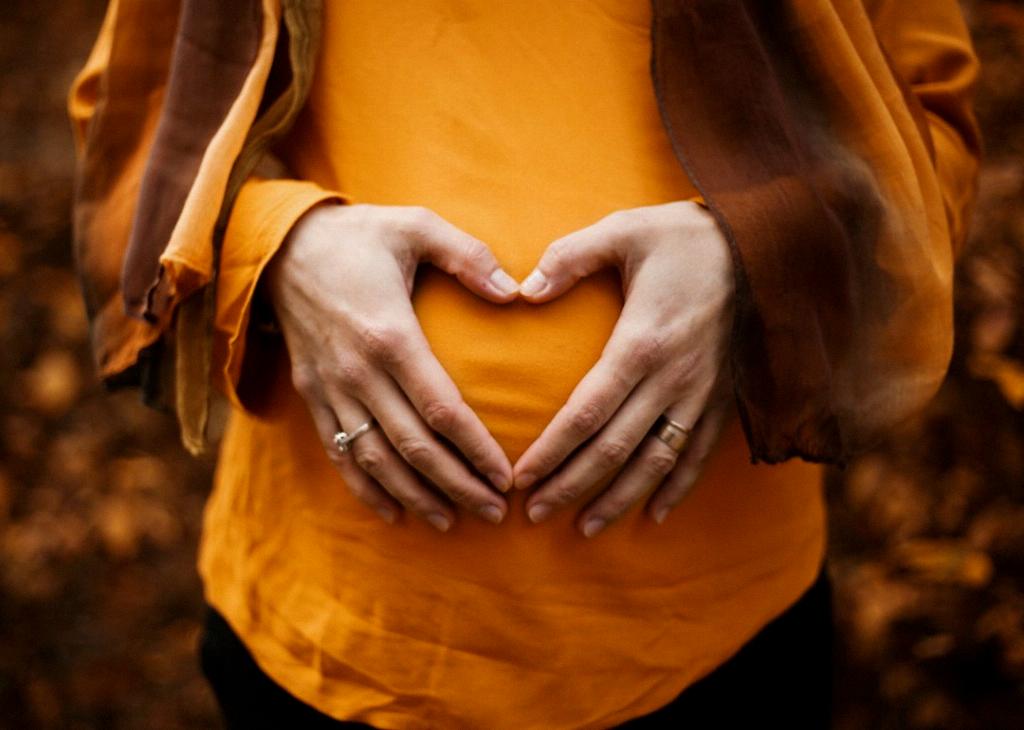So, you’re expecting and wondering what week the third trimester of pregnancy begins. Well, let’s dive into the details to help you better understand this significant stage of your journey to motherhood.
Defining the Third Trimester
The third trimester of pregnancy typically starts around week 28 and continues until you give birth, which is usually around week 40. This means that the third trimester spans from approximately month 7 to month 9 of your pregnancy, encompassing the final stretch before your baby arrives.
Duration of the Third Trimester
On average, the third trimester is about 13 weeks long, providing ample time for your baby to grow and develop fully in preparation for birth. During this period, your body undergoes significant changes to support the final stages of pregnancy.
Physical Changes
As you progress through the third trimester, you may experience a range of physical changes, including increased weight gain, swelling in your extremities, and discomfort due to the growing size of your baby. Your belly will continue to expand as your little one gets ready to make their entrance into the world.
Emotional Rollercoaster
Alongside the physical changes, the third trimester can also bring about heightened emotions and feelings of anticipation, anxiety, and excitement as you prepare to meet your baby. It’s perfectly normal to experience a mix of emotions during this time.
Preparing for Birth
During the third trimester, it’s essential to start preparing for labor and delivery. This includes creating a birth plan, attending prenatal classes, packing your hospital bag, and finalizing any arrangements for your baby’s arrival. Taking these steps can help alleviate some of the stress associated with childbirth.
Fetal Development
Within the third trimester, your baby experiences rapid growth and development. Their organs mature, they gain weight, and their brain continues to develop. By the end of the third trimester, your baby will be fully formed and ready to enter the world.
Health and Wellbeing
As you navigate the final weeks of pregnancy, it’s crucial to prioritize your health and wellbeing. This includes maintaining a balanced diet, staying active, attending regular prenatal check-ups, and getting adequate rest to support both your well-being and your growing baby’s health.
Common Symptoms
During the third trimester, you may experience a variety of symptoms, such as back pain, heartburn, frequent urination, and difficulty sleeping. These discomforts are often a normal part of pregnancy, but it’s essential to consult your healthcare provider if you have any concerns.
Preparation for Parenthood
As you approach the end of the third trimester, you may find yourself reflecting on the journey to parenthood and preparing for the significant life changes that lie ahead. It’s natural to feel a mix of emotions as you anticipate becoming a parent and welcoming your new baby into your family.
Final Thoughts
In conclusion, the third trimester of pregnancy begins around week 28 and continues until you deliver your baby, typically around week 40. This final stage of pregnancy is characterized by significant physical and emotional changes as you prepare for the arrival of your little one. Embrace this time, take care of yourself, and look forward to the incredible journey of parenthood that awaits you.

